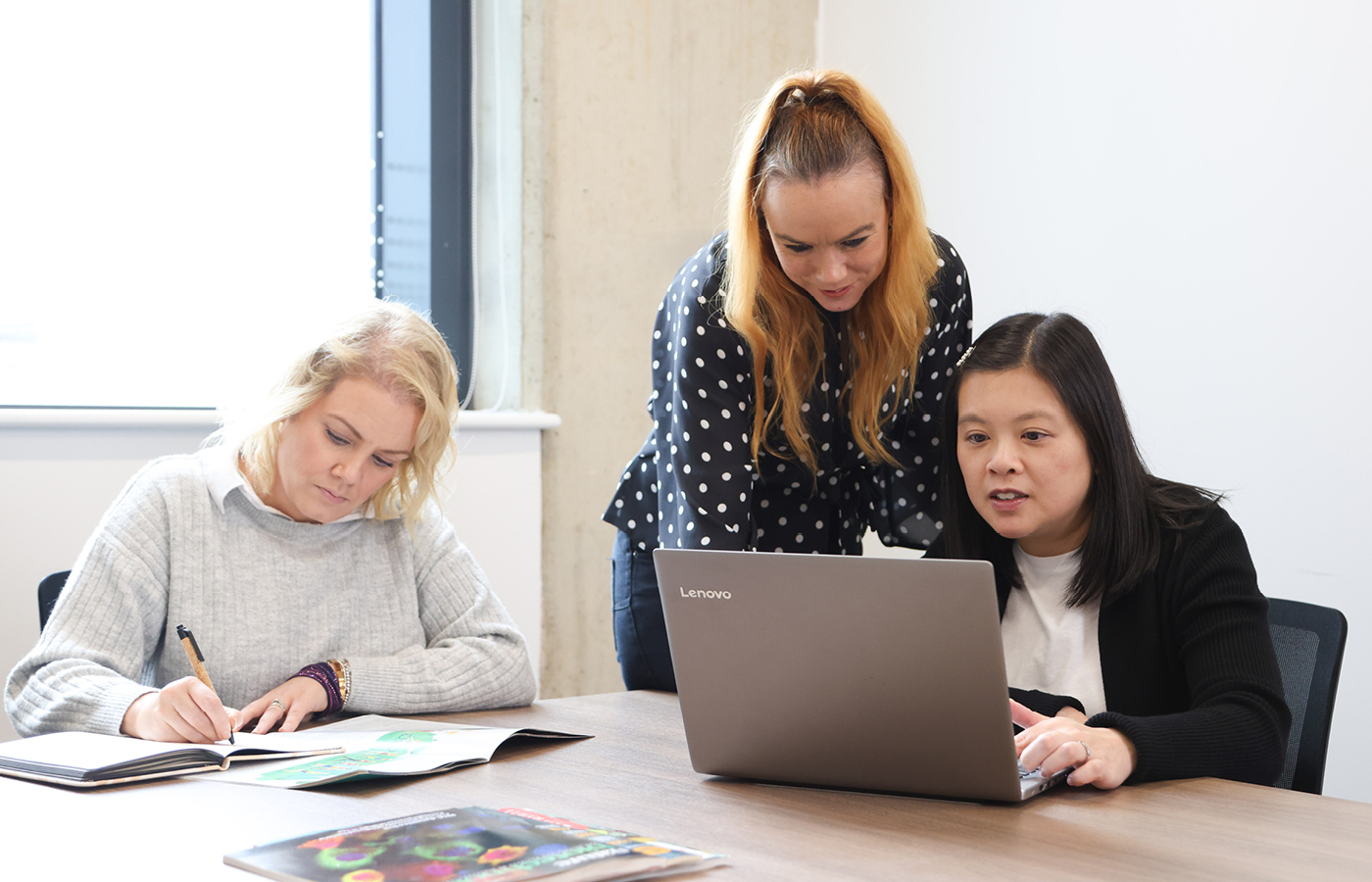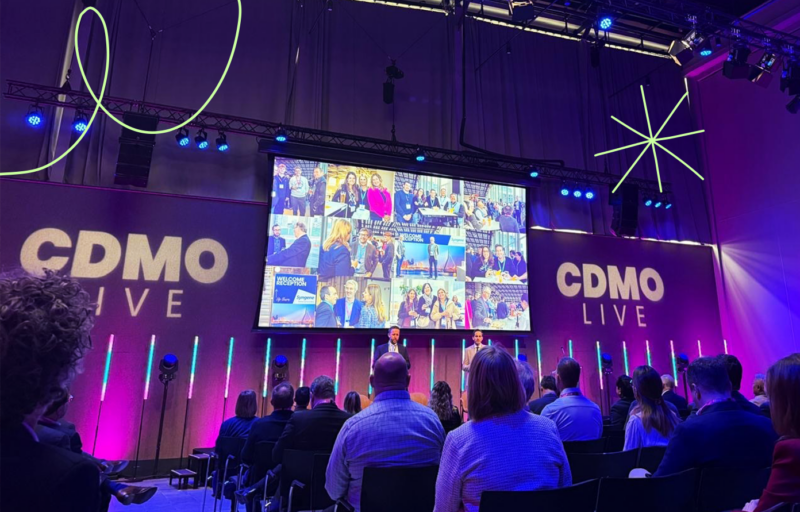blog:
The equality mindset – a reflection on International Women’s day

Yesterday marked the 45th International Women’s Day, so I took some time to reflect on where we have come from and how much more we need to do to further gender equality. We know the value a more balanced workforce can bring to our communities and the example it sets for future generations but to me, it still feels painfully slow to change.
Having run a software company for over 10 years and a global life sciences agency for just over a year now, I’ve been lucky enough to be exposed to incredibly talented teams.
As well as working with a whole range of people from different backgrounds, ages and genders, I’m proud to say that I’ve seen the positive impact equity and equality can have on a business and the effects this then has on the people who work within that business. From an early age, my experiences of inequality have shaped my view of the world and how I subsequently ran businesses – with the main principle that it has to be about capability – not gender.
Looking back
When I think about the decade I became a young woman, it was obvious women believed they had to be like men to be able to succeed. My family setting was traditional – my mother looked after the children and my father travelled and worked, so the gender stereotypes were present in my family environment from an early age. My mother wanted to work but felt pressure from her family to stay at home with me until I went to school. However, I was lucky enough to be educated in a place that encouraged you to be the best you can be – regardless of your gender.
That being said, the language we use in education plays a huge part in gender inequality (think about the male domination in software and engineering). One of the experiences that really stood out for me was when my chemistry teacher told me I wasn’t clever enough to be a medical doctor. It changed my path – I became a doctor but not a medical one. I proved to myself I could do it and would always encourage others to do the same.
Throughout my career I have had nothing but support from men and women but certain experiences have made me very aware that gender equality is further away than I would like – especially in pharma.
In 2012, in my first year as CEO at my previous company I was invited to apply to attend an event linked to the London Olympics and was surprised to be picked – it felt very much like I was a good choice because I was a woman, a CEO and came from the North East of England. When I arrived I was met with a sea of grey suited men. In fact, many of the panels at conferences I’ve attended have been made up of 100% men. When this was challenged the reason given was often that no women applied. You have to wonder why…
I also remember the investor environment and how male dominated it was. I did doubt my own ability to secure investment – as a woman. Would a man be more successful? I think back to times when I would be in a client meeting with a room full of my male colleagues and I would be the one who made the tea and coffee because my colleagues didn’t move from their seats (despite being the most senior person in the room). At ramarketing, we have a strong principle that no one is too big to do the little things, so I still take care of clients – but not because I’m a woman, because it’s the right thing to do.
The present
All of our experiences shape how we approach our life, our work and each other. A friend of mine has been clear about the message she gives to her young daughter as she goes on her own journey. It is not “be good” but “be fearless”. I would add “be you”.
With new generations being much more progressive when it comes to gender, I’ve seen a positive shift in the way women are recognised and how in many instances (like at ramarketing) it just isn’t an issue.
I attended a Women in STEM event at Newcastle’s Biosphere on Friday which was inspirational. We heard some exceptional stories about balancing work and career aspirations with family life. However, it was tinged with disappointing examples of inequality. Nic Palmarini, the Director of the National Innovation Centre for Aging, spoke to us about bringing men with us on the journey but expressed his frustration that the world we live in has been built by men, for men. The example he gave was linked to AI; in teaching the machine to distinguish gender through language we have used an old dataset. Where the machine recognises that Queen is female and King is male, it also recognises doctor as male and nurse as female.
Even in the 21st century, with cutting edge technology we are using language and principles from the old world.
Business leaders, both men and women, have a huge responsibility when it comes to equity, equality and the environment we create.
Looking forward to a brighter future
What will drive change and encourage progression?
The language we use. In both family life, in education and in the workplace. From leadership downwards our conversations must be inclusive and focus on capability, success and fairness. In stark contrast and as a tangible reminder, the current gender pay gap is a real and sad reflection of the value of women in the workforce.
I have three boys and I set out to raise good men. Men who understand the challenges women face and support them properly. Let’s raise our family and workforce to bring each other up and respect each other’s choices – whatever they are. Let’s forget gender stereotypes (and other stereotypes) in the workplace and home environment and look at people for their unique value and what they can offer to the world.
In an agency that focuses on pharma I am surrounded by creativity coupled with exceptional technical understanding – an industry that is full of fearless women and men at various stages of their careers and hopefully without any gender barrier. We all have a role to play.
#EachforEqual
Related news, insight and opinion




